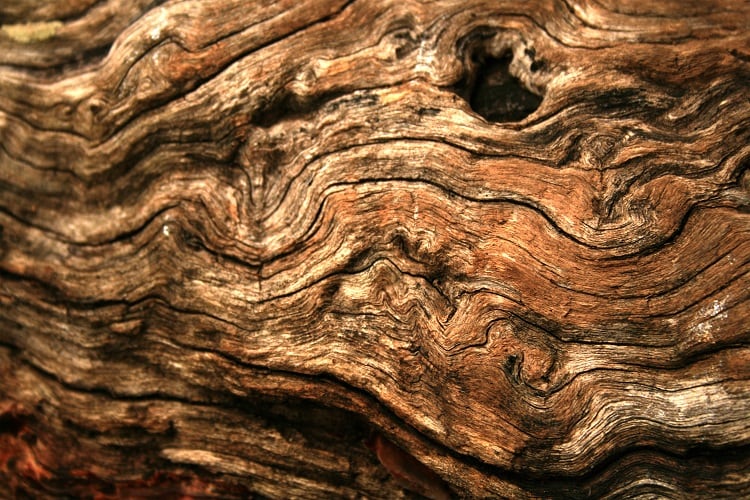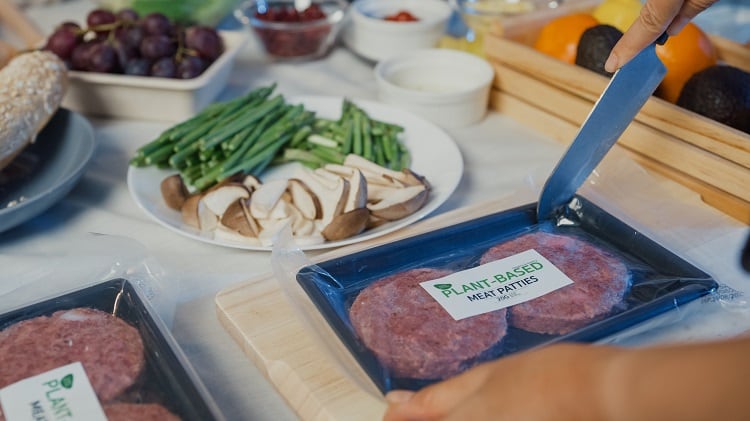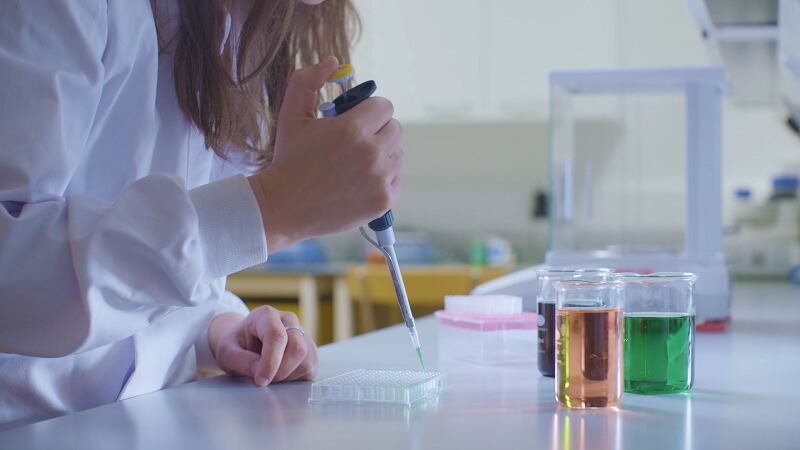Shipworms, or Teredinids, can burrow into waste wood and convert it to protein. This has traditionally caused them to be seen as a pest.
However, they are in fact abundant in nutrients. Just 10g in dry weight a week of the bivalve would be enough to fulfil one’s weekly intake of vitamin B12. This suitability for human consumption has caused them to be rechristened ‘naked clams’, to make them sound more palatable. However, this isn’t just PR: naked clams have a lot of potential.
While they have already proved to be highly nutritious for consumption, the present study wanted to see if this aspect could be pushed even further.
Using an aquaculture system
The aim of the study was to see whether the nutritional value of naked clams could be improved.
To test this, researchers first created a fully-enclosed aquaculture system (a system for breeding, raising and harvesting seafood, essentially a seafood farm) for naked clams. The fully enclosed nature of the system means that concerns over water safety were less prominent than otherwise.
They then compared the faeces of naked clams after giving them a diet of just wood and after giving them a diet of wood combined with an algae-based microencapsulated feed.
Researchers found that those naked clams fed with microencapsulated feed had a greater protein content than those fed on wood alone. Those clams fed with microencapsulated feed also had a 75.8% greater polyunsaturated fatty acid content, which, according to the UK’s National Health Service, can lower the levels of “bad” cholesterol in the blood. However, the microencapsulated feed had no effect on the levels of B12 found in the naked clams.
The study showed that, despite the fact that naked clams are already highly nutritious, their levels of nutrition can be improved even more through the use of microencapsulated feed.
Sustainability clams
Naked clams offer a lot in terms of nutrients, but can they be farmed large-scale in a sustainable way?
Yes, it turns out, largely because of the sustainable nature of the chief ingredient of their diet: wood. “They can be grown entirely on wood as a food, and wood is a renewable and environmentally friendly resource,” J. Reuben Shipway, one of the researchers, told FoodNavigator.
“We have also developed a modular aquaculture system that allows them to be grown in the aquarium. This enclosed production systems allows us to optimise growth, quality, nutritional profile and palatability as well as eliminate water quality and food safety concerns from wild-farming.”
Shipway sees the sustainability of the clams, alongside their immense nutritional value, as a strong commercial opportunity. “There is a massive commercial upside to this aquaculture. If you look at how much environmental degradation there is across the planet, and then you see the rise in rates of health complications in relation to poor diet, then we clearly need new solutions to these problems. And Naked Clams are a potential solution.”
According to the paper, a naked clam sector has the potential to be worth £400m, if it grew to 5% of the £8.7bn worth of seafood purchased in the UK in 2019. The paper points to evidence from the established Southeast Asian market that naked clams have such economic potential.
Sourced From: Sustainable Agriculture
'Naked Clams to open a new sector in sustainable nutritious food production’
Published on: 20 November 2023
Doi: https://doi.org/10.1038/s44264-023-00004-y
Authors: D. F. Willer, D. C. Aldridge, P. Mhrshahi, K. P. Papadopoulos, L. Archer, A. G. Smith, M. Lancaster, A. Strachan & J. R. Shipway




